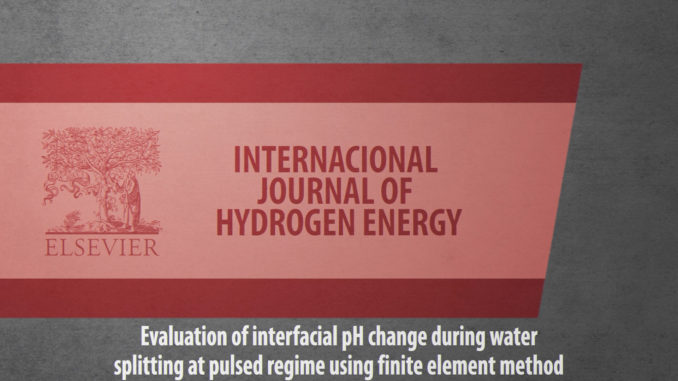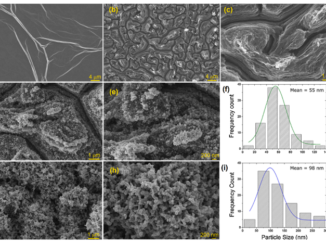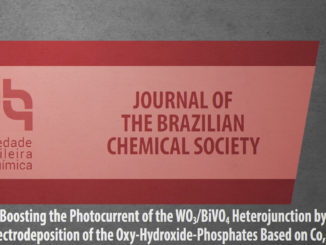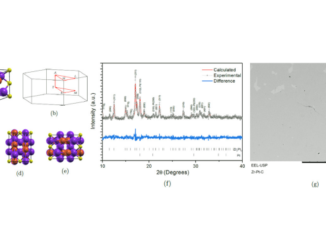
Evaluation of interfacial pH change during water splitting at pulsed regime using finite element method
Abstract: Electrochemical water splitting is a well-known reaction, investigated since 1869 due to its wide applicability for different purposes. Despite occurring at the electrode/solution interface, this set of reactions can be governed not only by interfacial properties but also by reactant transport from the solution toward the electrode surface. For water splitting specifically, the reaction mechanism itself leads to a pH change at the interface although the bulk value remains constant. In this work, we simulated such pH variations using the finite element method. The results show an interfacial pH change of up to 9 pH units. This modification in the reaction condition affects many related parameters such as electric power consumption, which increases. Thence, we investigated the effect of using an AC perturbation. In the conditions we have studied, it is observed an important delay in the pH change, although it always occurs.
Author(s): Wosiak, G.; Silva, M.C.; Silva, J.; Carneiro-Neto, E.B.; Lopes, M.C.; Pereira, E.
International Journal of Hydrogen Energy
Published: 17 May 2021, Volume 46, Issue 34, Pages 17644-17652
DOI: https://doi.org/10.1016/j.ijhydene.2021.02.195
CDMF
The CDMF, hosted at the Federal University of São Carlos (UFSCar), is one of the Research, Innovation and Dissemination Centers (RIDC) supported by the São Paulo State Research Support Foundation (Fapesp), and also receives investment from the National Council Scientific and Technological Development (CNPq), from the National Institute of Science and Technology of Materials in Nanotechnology (INCTMN).




